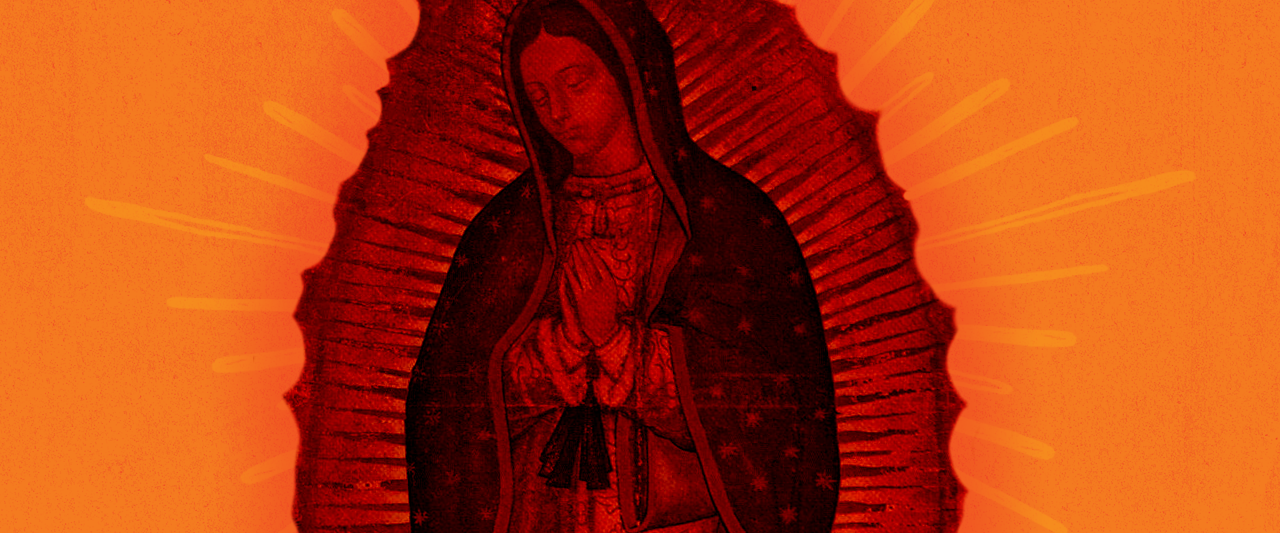Mexico has the second-largest population of Catholics in the world, which typically is seen as posing a major obstacle to expanding legal access to abortion. But a new study challenges that notion.
The study, published in the journal Contraception, says Catholicism is “not an unsurmountable barrier to liberalization of abortion.” Using survey data from 2,669 self-identified Mexican Catholics, the study found that a majority of Mexican Catholics support abortion in some circumstances.
Since 2007, abortion has been legal during the first 12 weeks of pregnancy in Mexico City through the public and private sectors. But it is legally restricted in the rest of the country, and few women outside of Mexico City are able to exercise the right to safe abortion.
Stephanie Küng, a research, monitoring and evaluation advisor for Ipas in Latin America and lead author on the study, says the findings have important implications for reproductive rights advocates working in Mexico and other regions of Latin America, which is also heavily Catholic.
“Often, religion is seen as a barrier to abortion access, and we often do see religious institutions playing a big role in abortion opposition movements,” says Küng. “But our study shows that, on an individual level, Mexican Catholic opinions on abortion are diverse. Reproductive rights advocates and faith leaders need to understand and take into account these nuances when considering policies and laws affecting abortion.”
According to Küng, the study used an innovative methodology to measure the degree of a respondent’s Catholicism. “The questions the survey asked of respondents included whether they agreed with the statements that ‘a woman who has an abortion can continue to be a good Catholic’ and ‘a person who helps a woman have an abortion can be a good Catholic.’ These measures, which tap into empathy and what it means to be a Catholic, as opposed to Church positions, were where we saw the largest association with support for abortion.”
Also of significance, Küng says, is the finding that the main reasons women need to get abortions in Mexico (such as socioeconomic problems, and to pursue education and life plans) are those that have the least amount of support among Mexican Catholics. This suggests that advocates working to expand access to legal abortion in Mexico should consider these “low agreement” exceptions as very different from more widely supported exceptions, and be aware of the diversity of opinion among Catholics.
The study was conceptualized and led by Católicas por el Derecho a Decidir in México (Catholics for the Right to Decide), and Dr. Blair Darney of the Oregon Health and Science University and the Instituto Nacional de Salud Publica in México (National Institute of Public Health). Along with Küng, Biani Saavedra-Avendano of CIDE (Centro de Investigación y Docencia Económicas) in Mexico also participated in the analysis.
For more information, contact [email protected]


